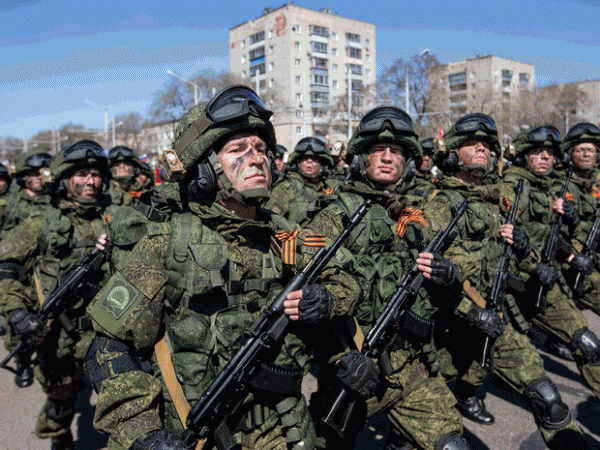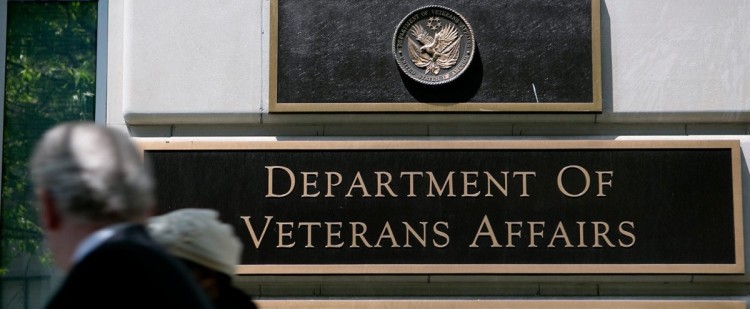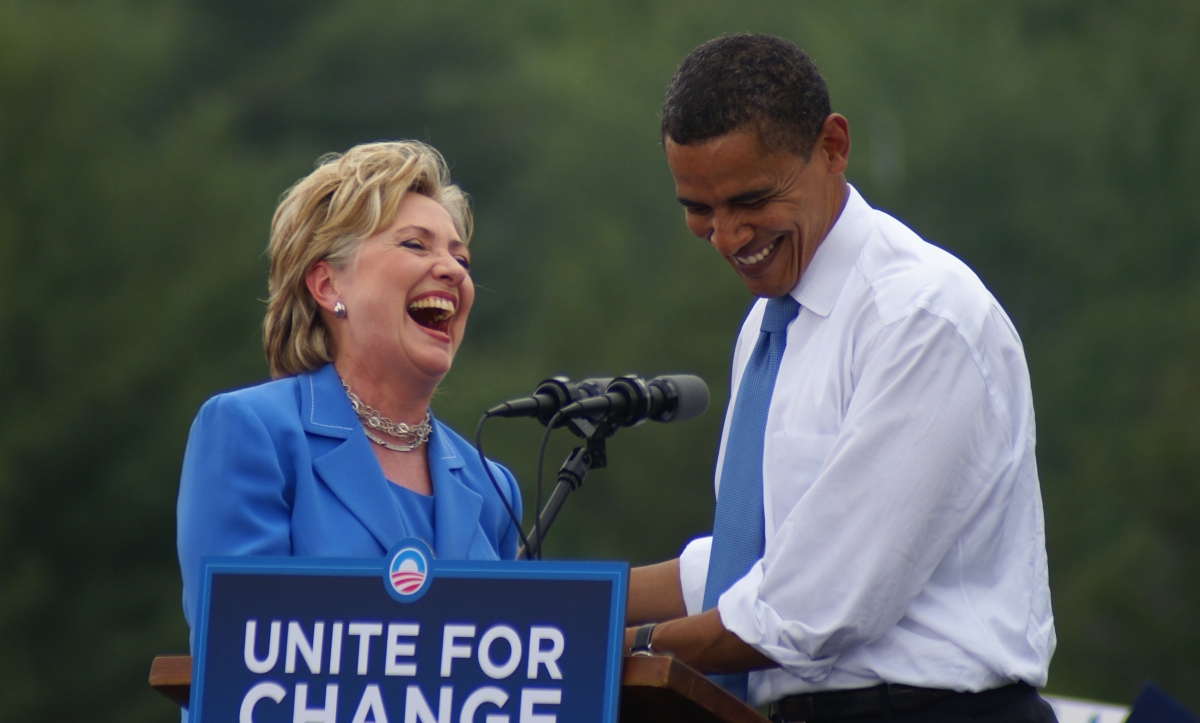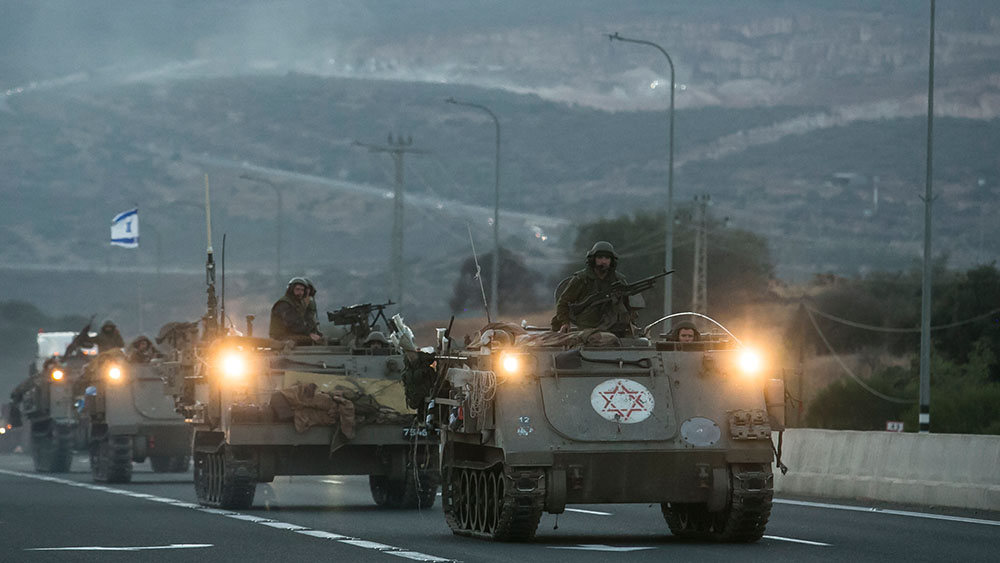 Parler
Parler Gab
Gab
Putin: Russia is open to peace talks with Kyiv
In the said G20 summit that was hosted by Indian Prime Minister Narendra Modi, Putin in his first address to the leaders since the start of the Russian war in Ukraine in February last year, said that Moscow has never rejected peace talks with Kyiv and added that "military actions are always a tragedy." "Of course, we must think about how to stop this tragedy," he told the online summit, according to Russia's state-owned Sputnik news agency. "In fact, Russia has never refused peace talks with Ukraine," he added. Putin, who had skipped the in-person G20 summit in New Delhi in September, attended the virtual conference that was held one day after a special online meeting of the BRICS group (Brazil, Russia, India, China and South Africa) to discuss the crisis in the Middle East. In his opening remarks, The Indian prime minister said that new challenges have emerged in the past few months and the insecurity and instability in the Middle East is a matter of concern for all. He added later that it is important for them to make sure that the Israel-Hamas war doesn't take a regional shape of any kind. After hearing the views of all participants on the serious situation in the Middle East, Modi could say that there was consensus within the G20 on many issues. "We all strongly condemn terrorism and violence; there is zero tolerance to terrorism," he said, adding that killings of innocent people, especially women and children, was unacceptable and that a permanent resolution was necessary for the Israel-Palestine issue through a two-state solution. "Restoration of regional peace and stability is essential," he further said and asserted that diplomacy and dialogue were the only way to resolve geopolitical tensions. "The G20 is ready to extend all possible cooperation in this regard," he added. Read more about who really initiated the Nord Stream pipeline explosion at Pipelines.news.Sources for this article include:
RT.com TASS.com Asia.Nikkei.comNew Zealand coroner issues warning after 2 women DIE from taking oral contraceptives
By Zoey Sky // Share
Texas judge probed for funneling $11M in taxpayer money to ally who has ties with prominent Dems
By Belle Carter // Share
Netanyahu’s CORRUPTION trial resumes amid conflict in the Gaza Strip
By Ramon Tomey // Share
Governments continue to obscure COVID-19 vaccine data amid rising concerns over excess deaths
By patricklewis // Share
Tech giant Microsoft backs EXTINCTION with its support of carbon capture programs
By ramontomeydw // Share
Germany to resume arms exports to Israel despite repeated ceasefire violations
By isabelle // Share










